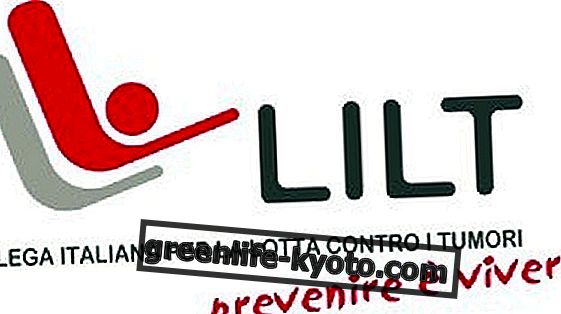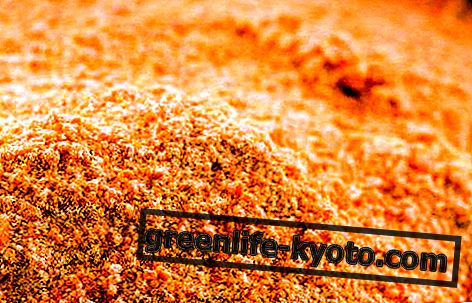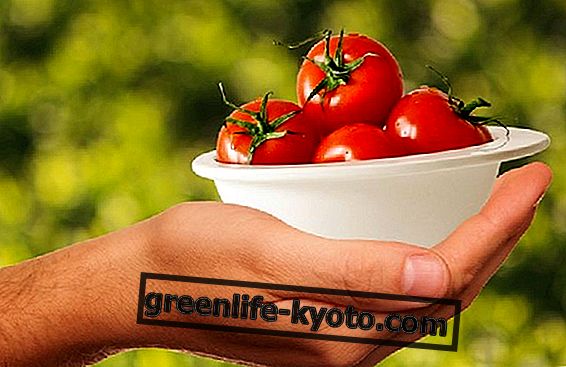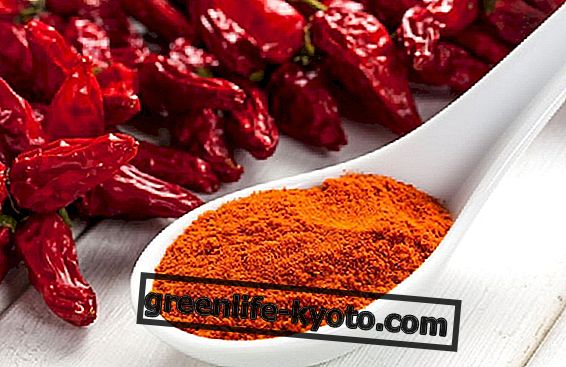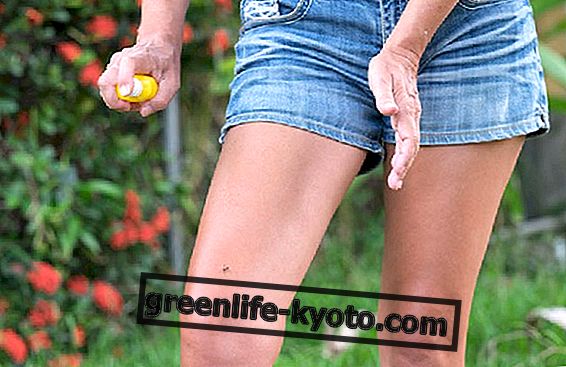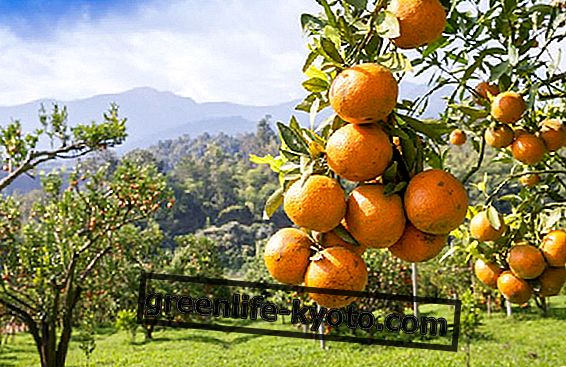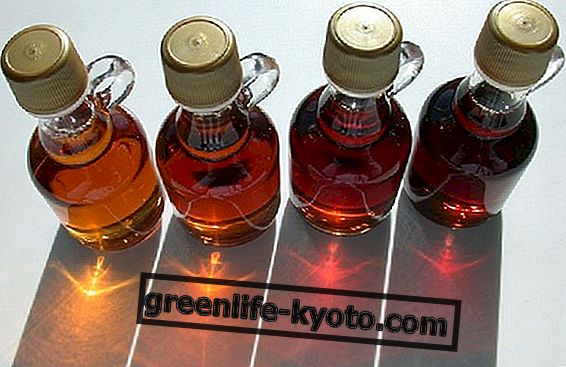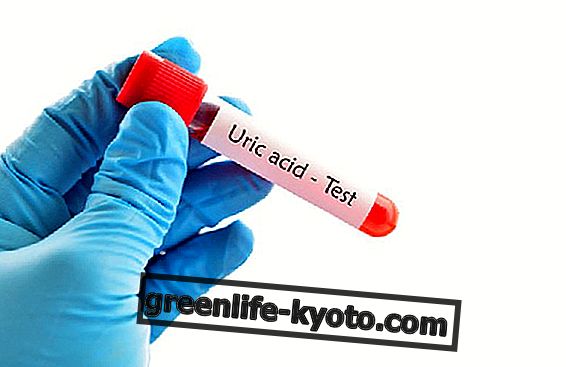
Spirulina is a blue alga known by the scientific name of Arthrospira platensis. This alga grows in particular conditions such as salt lakes that have alkaline waters.
Spirulina, what it contains
Spirulina is commonly used as a food supplement thanks to its high protein power. In fact it is composed of many amino acids that our body uses to form endogenous proteins and among these are all 8 essential amino acids: methionine, leucine, isoleucine, lysine, tenilalanine, threonine, tryptophan and vaniline.
Furthermore, spirulina is rich in essential fatty acids (omega 3 and 6), vitamin A, D, K and group B, a portion of carbohydrates such as rhamnose and glycogen and finally minerals such as iron, calcium, magnesium, sodium, manganese, iodine and potassium.
Spirulina and thyroid
The thyroid is the organ that produces thyroid hormones in our body. The thyroid gland needs iodine to function optimally and therefore spirulina becomes an excellent natural supplement for this mineral salt and its other nutrients.
In case of hypothyroidism where the thyroid has a reduced functionality, spirulina can become even more a healthy tonic to restore this thyroid activity. Spirulina is used as a natural supplement especially for the needs of iodine since the presence of this mineral promotes the production of thyroid hormones and therefore acts by helping to restore correct thyroid function.
On the contrary, for those who suffer from hyperthyroidism and therefore have an excessive production of hormones, the situation could instead be unfavorable with an intake of spirulina given the wealth of iodine present in the algae. When a person is suffering from hyperthyroidism there are several unpleasant effects such as states of anxiety and agitation, nervousness and irritability, tachycardia and insomnia with also increased sweating.
A use of iodine-rich products such as the spirulina supplement is therefore not recommended for those suffering from hyperthyroidism .
Spirulina and dosage
The man needs to take iodine with his diet, which serves precisely for the proper functioning of the thyroid and to avoid the development of goiter. The recommended daily dose is 150 micrograms of iodine which is usually found in the salt that is specifically added with iodine. For pregnant and lactating women the daily iodine quantity increases up to 290 micrograms.
Spirulina intake as a natural supplement is recommended from 1 to 5 grams per day. Usually starting with a low dosage and then evaluating to increase according to the needs and the adaptation response of the body.
However, it remains essential not to exceed the recommended dosage on the product to avoid overloading and especially for people with thyroid problems, overdosing can lead to hypothyroidism with overproduction of thyroid hormones.
We can say that to cover the daily dose of iodine you will need about 3 grams of spirulina supplement which in fact provides for each single dose about 15 micrograms of iodine.
For those who still suffer from thyroid problems it is always advisable to be followed by your doctor and in any case it is always important to inform him of the use of spirulina as a supplement to iodine and other phytonutrients. This will serve to keep under control any effects added by drugs or with particular sensitivities of the body.
Purchase of spirulina
Spirulina can be purchased in health food stores and health food stores where it is sold in the form of a dry powder or in the form of capsules and single-dose tablets.
The powder is very versatile so that it can be added in cooking recipes such as salads, fruit, fruit juices or other drinks to drink. While instead the capsules and tablets are more practical and transportable anywhere.
We remind you to carefully choose spirulina as the places of origin can be polluted and therefore the area of origin and the quality of the raw material must be checked . The spirulina grown in production of origin from organic farming will guarantee the absence of chemical synthesis products and another attention that will be evaluated will be the risk of the possible presence of heavy metals and pollutants in the waters of origin of the lakes where spirulina grows.
Reading the product label we can have a lot of information about spirulina production and so the purchase choice can be more conscientious.
Benefits of spirulina
Spirulina is a natural nutrient supplement and is able to give tone and vigor to the whole body like a real natural tonic. Spirulina helps support our immune system and therefore becomes excellent as a preventive and even after having experienced influenza, hospitalization or fatigue. It is also perfect for sportsmen, for those who choose a vegetarian or vegan diet and also for children and the elderly.
The presence of antioxidants helps fight free radicals and therefore prevents the damage of aging. Spirulina promotes concentration and memory, therefore it is also indicated for those who study and those who have to face moments of intellectual or physical fatigue.
Still spirulina, thanks to the presence of essential fatty acids, helps to reduce the risk of cardiovascular diseases and thins the blood, lowers the levels of bad cholesterol and has an excellent general anti-inflammatory activity. Finally it is also recommended in the phases in which maximum nutritional coverage is necessary, such as pregnant and breastfeeding.
